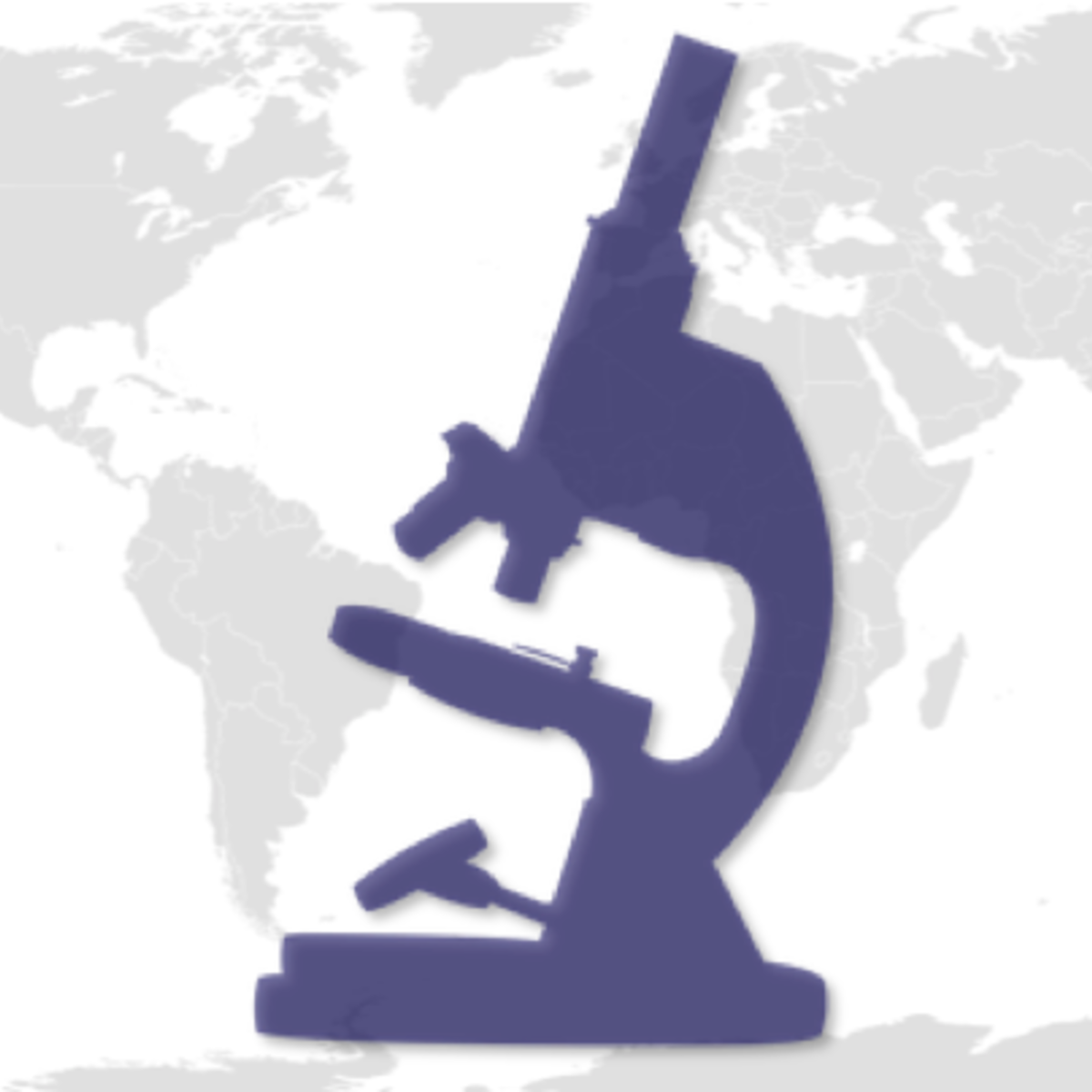
Epidemiology is often described as the cornerstone science in public health. Epidemiology in public health practice uses study design and analyses to identify causes in an outbreak situation, guides interventions to improve population health, and evaluates programs and policies.
Read more
Epidemiology is often described as the cornerstone science in public health. Epidemiology in public health practice uses study design and analyses to identify causes in an outbreak situation, guides interventions to improve population health, and evaluates programs and policies.
Epidemiology is often described as the cornerstone science in public health. Epidemiology in public health practice uses study design and analyses to identify causes in an outbreak situation, guides interventions to improve population health, and evaluates programs and policies.
In this course, we'll define the role of the professional epidemiologist as it relates to public health services, functions, and competencies. With that foundation in mind, we'll introduce you to the problem solving methodology and demonstrate how it can be used in a wide variety of settings to identify problems, propose solutions, and evaluate interventions. This methodology depends on the use of reliable data, so we'll take a deep dive into the routine and public health data systems that lie at the heart of epidemiology and then conclude with how you can use that data to calculate measures of disease burden in populations.
What's inside
Syllabus
Introduction and Problem-Solving Methodology
In this module, we will introduce the problem solving methodology. This methodology is a powerful tool that can useful when identifying a public health problem, building the case that there truly is a problem, suggesting interventions, and suggestions ways to evaluate the interventions and disseminate the findings of the evaluation.
Read more
Syllabus
Good to know
Save this course
Reviews summary
Data analysis for health indicators
Activities
Learn about data analysis software
Show steps
Gain proficiency in using software tools to analyze epidemiological data.
Browse courses on
Data Visualization
Show steps
-
Follow tutorials on data analysis software
-
Practice using the software to analyze data
Read 'Fundamentals of Epidemiology'
Show steps
Gain a comprehensive understanding of the principles and practices of epidemiology.
View
Epidemiology
on Amazon
Show steps
Brush up on data visualization
Show steps
Review data visualization techniques to strengthen your ability to present epidemiological data.
Browse courses on
Data Visualization
Show steps
-
Review scatterplots, bar graphs, and histograms
-
Practice creating visualizations using data analysis software
Four other activities
Expand to see all activities and additional details
Show all seven activities
Participate in study groups
Show steps
Collaborate with peers to reinforce your understanding of epidemiology concepts.
Show steps
-
Form or join a study group
-
Discuss course material and case studies
Compile a glossary of epidemiology terms
Show steps
Strengthen your understanding of epidemiology by creating a reference of key terms.
Show steps
-
Identify and define key terms
-
Organize the terms into a glossary
Develop a public health intervention plan
Show steps
Create a plan to improve health outcomes based on your understanding of epidemiology.
Show steps
-
Identify a public health problem
-
Research the causes and risk factors
-
Develop an intervention strategy
-
Evaluate the effectiveness of the intervention
Develop an infographic on a public health topic
Show steps
Enhance your understanding of epidemiology by creating a visual representation of a public health issue.
Show steps
-
Choose a public health topic
-
Research and gather data
-
Design and create the infographic
Learn about data analysis software
Show steps
Gain proficiency in using software tools to analyze epidemiological data.
Browse courses on
Data Visualization
Show steps
- Follow tutorials on data analysis software
- Practice using the software to analyze data
Read 'Fundamentals of Epidemiology'
Show steps
Gain a comprehensive understanding of the principles and practices of epidemiology.
View
Epidemiology
on Amazon
Show steps
Brush up on data visualization
Show steps
Review data visualization techniques to strengthen your ability to present epidemiological data.
Browse courses on
Data Visualization
Show steps
- Review scatterplots, bar graphs, and histograms
- Practice creating visualizations using data analysis software
Participate in study groups
Show steps
Collaborate with peers to reinforce your understanding of epidemiology concepts.
Show steps
- Form or join a study group
- Discuss course material and case studies
Compile a glossary of epidemiology terms
Show steps
Strengthen your understanding of epidemiology by creating a reference of key terms.
Show steps
- Identify and define key terms
- Organize the terms into a glossary
Develop a public health intervention plan
Show steps
Create a plan to improve health outcomes based on your understanding of epidemiology.
Show steps
- Identify a public health problem
- Research the causes and risk factors
- Develop an intervention strategy
- Evaluate the effectiveness of the intervention
Develop an infographic on a public health topic
Show steps
Enhance your understanding of epidemiology by creating a visual representation of a public health issue.
Show steps
- Choose a public health topic
- Research and gather data
- Design and create the infographic
Career center
Epidemiologist
Public Health Scientist
Data Analyst
Health Informatics Specialist
Statistician
Public Health Nurse
Health Policy Analyst
Clinical Research Coordinator
Health Educator
Environmental Health Specialist
Demographer
Social Worker
Community Health Worker
Health Services Manager
Physician
Reading list
Share
Similar courses
OpenCourser helps millions of learners each year. People visit us to learn workspace skills, ace their exams, and nurture their curiosity.
Our extensive catalog contains over 50,000 courses and twice as many books. Browse by search, by topic, or even by career interests. We'll match you to the right resources quickly.
Find this site helpful? Tell a friend about us.
We're supported by our community of learners. When you purchase or subscribe to courses and programs or purchase books, we may earn a commission from our partners.
Your purchases help us maintain our catalog and keep our servers humming without ads.
Thank you for supporting OpenCourser.



